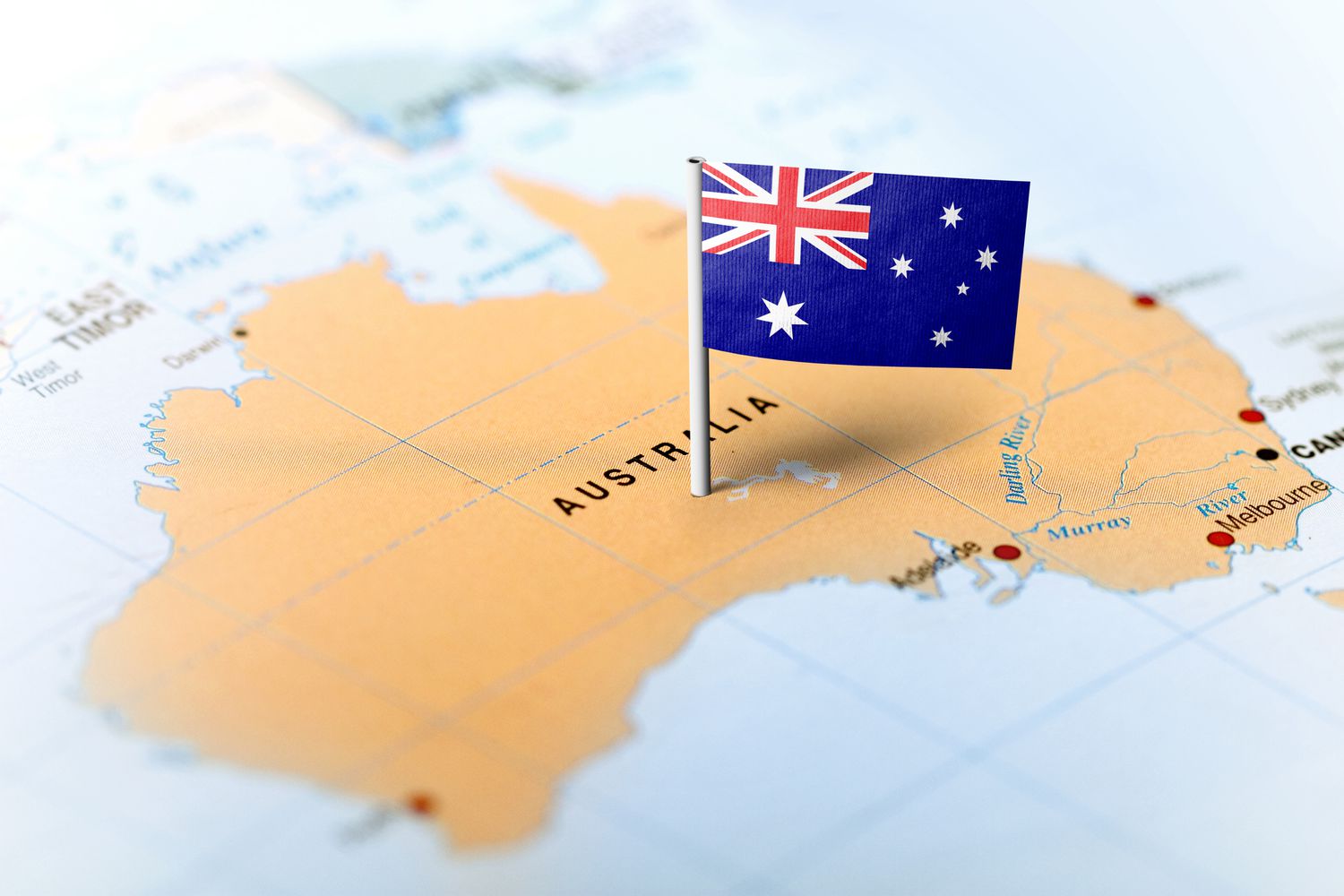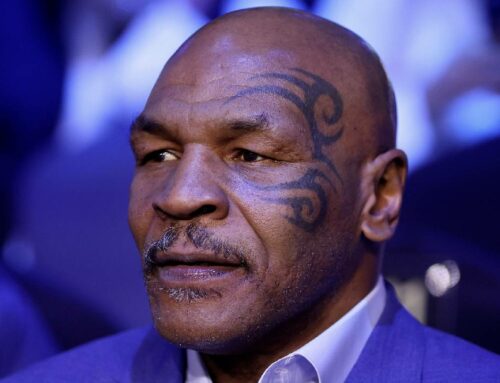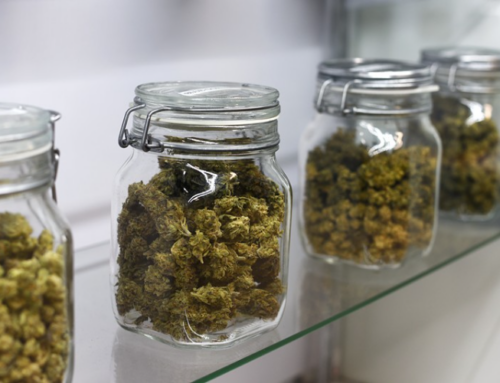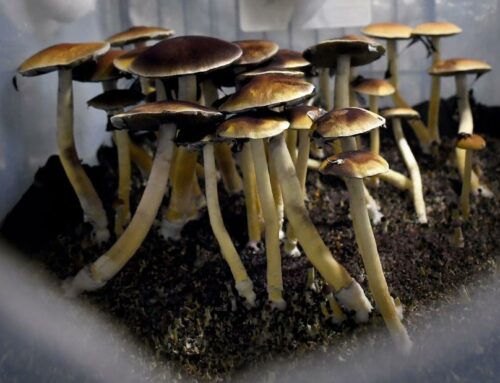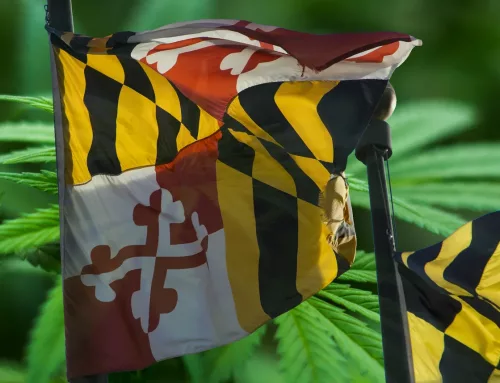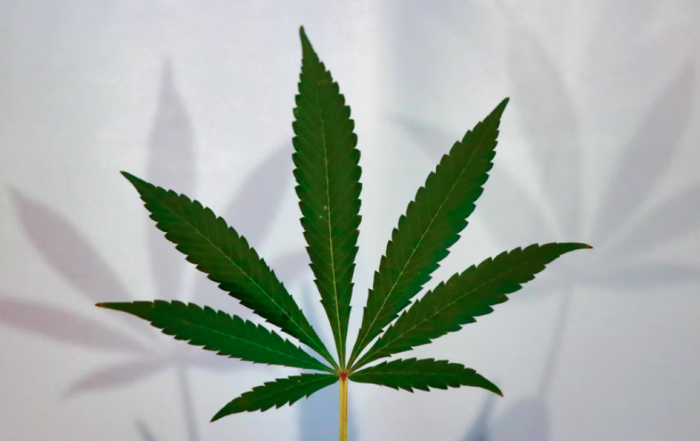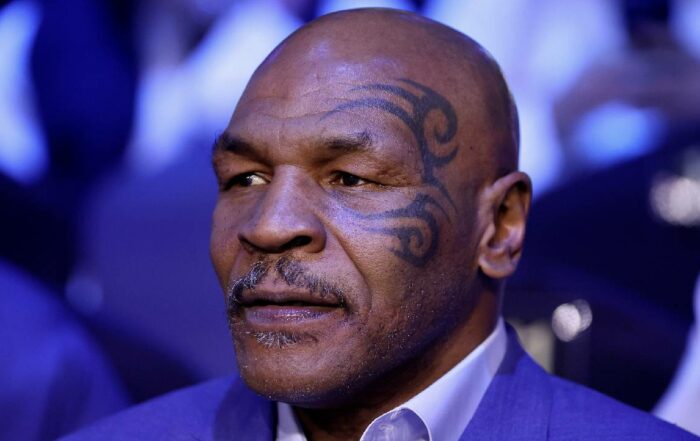Australia Takes Lead in Offering Psychedelic Treatment for Mental Health
SYDNEY, Australia–In a groundbreaking move, Australia has emerged as a global leader in mental health treatment by embracing the therapeutic potential of psychedelic substances such as MDMA (commonly known as ecstasy) and psilocybin (found in magic mushrooms). Recognizing the urgent need for innovative approaches to tackle the rising tide of mental health disorders, the Australian government and scientific community have embarked on an ambitious journey, embracing these once-stigmatized substances as promising tools for healing.
Australia’s progressive stance on psychedelic medicine has sparked interest and controversy alike, putting the country at the forefront of a worldwide debate on the potential benefits and risks of these substances. The decision to explore MDMA and psilocybin as therapeutic agents represents a paradigm shift in mental health treatment, challenging traditional notions of pharmacology and expanding the possibilities for alleviating mental suffering.
Researchers have been conducting rigorous studies to investigate the effectiveness of MDMA and psilocybin-assisted therapy in treating a range of mental health conditions, including post-traumatic stress disorder (PTSD), treatment-resistant depression, and anxiety disorders. Preliminary findings have been encouraging, demonstrating significant improvements in patient outcomes compared to conventional treatments.
The Multidisciplinary Association for Psychedelic Studies (MAPS), a prominent organization advocating for the responsible use of psychedelics in therapy, has been actively involved in facilitating these groundbreaking research initiatives in Australia. MAPS, alongside local universities and medical institutions, has played a crucial role in supporting the scientific exploration of these substances’ potential therapeutic applications.
Australia leads the way in mental health treatments using psychedelic medicines
One of the most promising areas of research involves the use of MDMA-assisted therapy for PTSD. Clinical trials have shown remarkable success in reducing symptoms and improving overall well-being in individuals who have experienced trauma. By combining the psychoactive effects of MDMA with evidence-based therapeutic techniques, researchers have been able to create a supportive and empathetic environment that enables patients to confront and heal their trauma.
Psilocybin, on the other hand, has shown tremendous potential in treating depression and anxiety. Studies have revealed that a single, carefully guided session with psilocybin can lead to profound and enduring reductions in depressive symptoms, offering hope to those who have exhausted other treatment options. The psychedelic experience is believed to facilitate introspection and promote neuroplasticity, allowing patients to gain new perspectives and break free from the cycles of negative thinking that often accompany mental disorders.
While the therapeutic potential of MDMA and psilocybin is becoming increasingly apparent, it is important to emphasize the need for responsible use and comprehensive regulation. Australian authorities have acknowledged this concern, implementing strict protocols to ensure the safety and ethical application of these substances in therapeutic settings. This includes stringent screening processes for patients, the presence of trained professionals throughout the sessions, and ongoing monitoring of participants’ mental well-being.
Australia’s leadership in embracing psychedelic medicine has not gone unnoticed globally. Other countries, including the United States, Canada, and several European nations, are closely watching Australia’s pioneering steps and considering similar approaches to mental health treatment. The once-dismissed field of psychedelic therapy is gaining recognition and respect within the medical and scientific communities, thanks in part to Australia’s bold stance.
As psychedelic medicine takes off, it is crucial to continue supporting research and fostering an open dialogue surrounding these substances. Australia’s innovative approach, backed by rigorous scientific inquiry, provides hope for millions of individuals struggling with mental health disorders. By destigmatizing and exploring the therapeutic potential of MDMA and psilocybin, Australia is leading the way towards a future where mental health treatment is revolutionized, offering new avenues for healing and well-being.
Examples from other parts of the world, such as the breakthrough FDA approval of MDMA-assisted therapy for PTSD in the United States and the establishment of specialized clinics offering psilocybin-assisted therapy in Canada, illustrate the global momentum behind psychedelic medicine. As the evidence base continues to grow, it is becoming increasingly evident that embracing these substances as valuable tools in mental health treatment could mark a transformative shift in how we approach and heal psychological distress.
Australia’s forward-thinking mindset and commitment to exploring the potential of psychedelic medicine offer a beacon of hope for a future where mental health is treated with compassion, innovation, and efficacy. By leading the way, Australia has set an example that other nations would do well to follow, fostering a new era of mental health care that holds the promise of healing for millions around the world.
Latest News
iAnthus Reports Unanimous Approval at Annual General Meeting
LOS ANGELES- iAnthus Capital Holdings, a multi-state operator in licensed cannabis cultivation, processing, and retail, announced that its shareholders unanimously approved all items at the Annual General Meeting held on June 26, 2025. The approved resolutions included ...
Kentucky Nears Operational Start for Medical Cannabis Dispensaries
LOS ANGELES- Kentucky is approaching the launch of medical cannabis sales as state regulators complete final preparations for the opening of licensed dispensaries. Although the state’s medical cannabis law took effect on January 1, 2025, ...
Mike Tyson Urges Trump to Act on Cannabis Reform
LOS ANGELES- Boxing legend Mike Tyson, alongside athletes including Kevin Durant and Dez Bryant, has urged former President Donald Trump to pursue federal cannabis reform after accusing President Joe Biden of failing to deliver on ...










